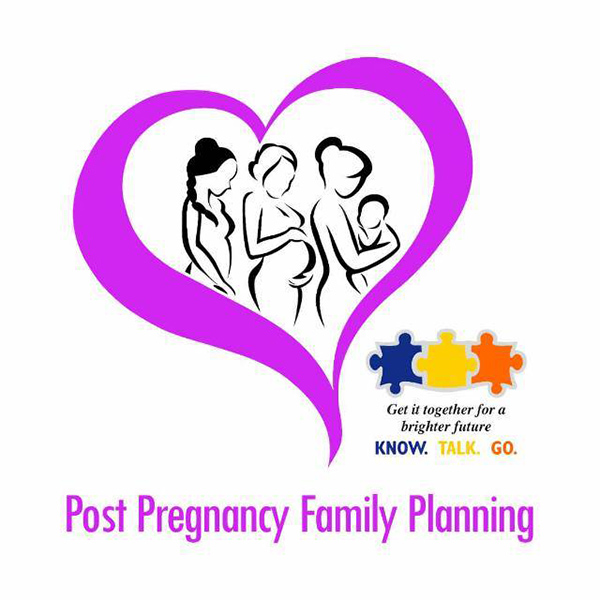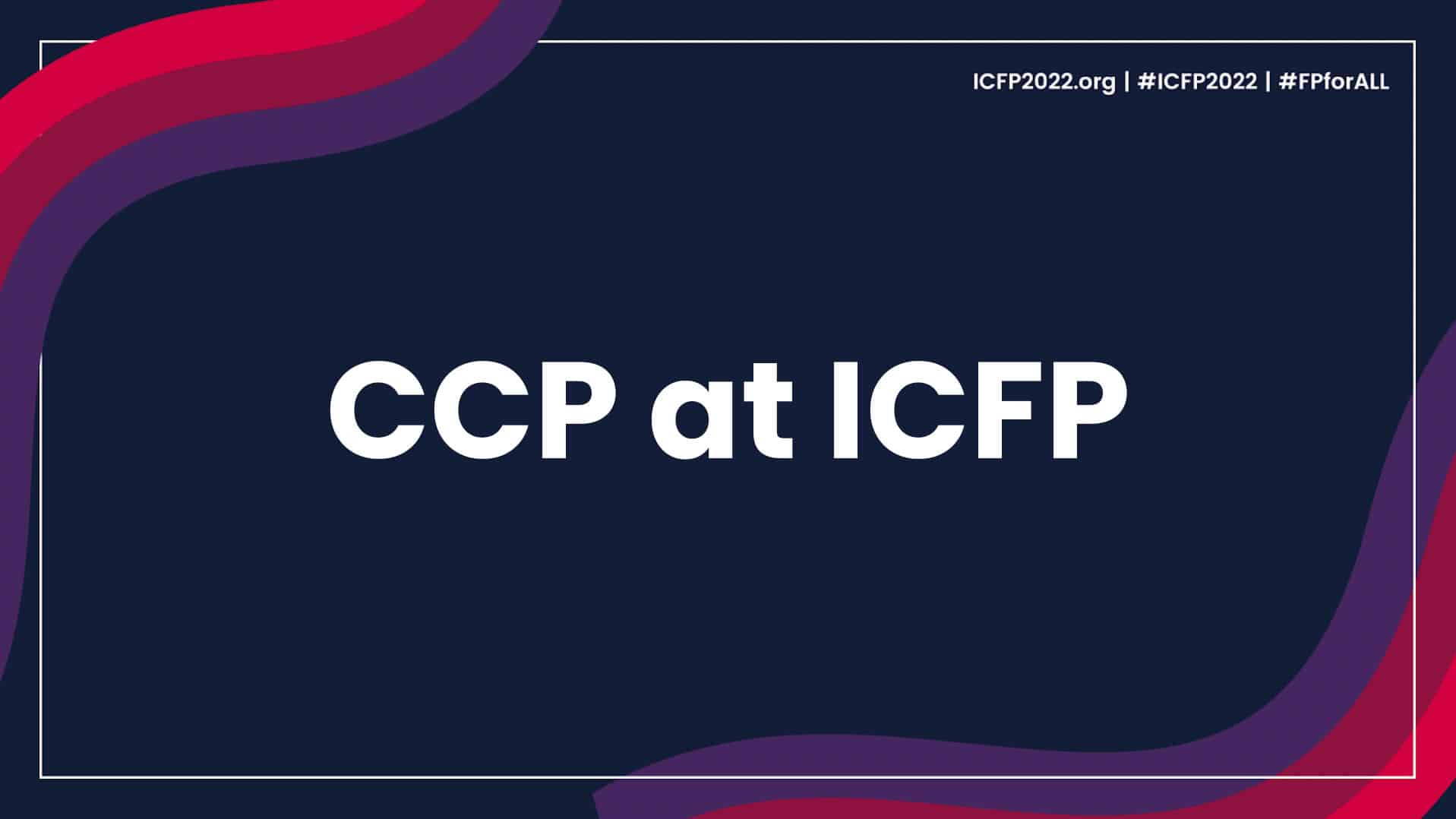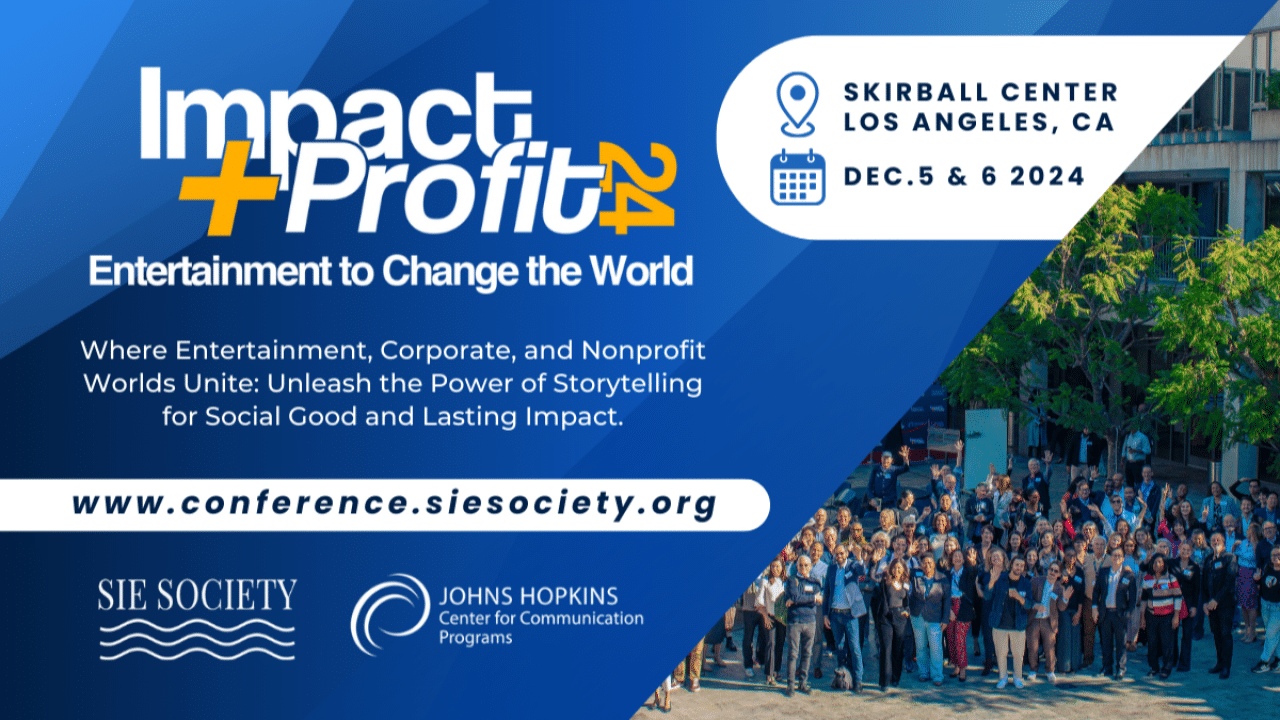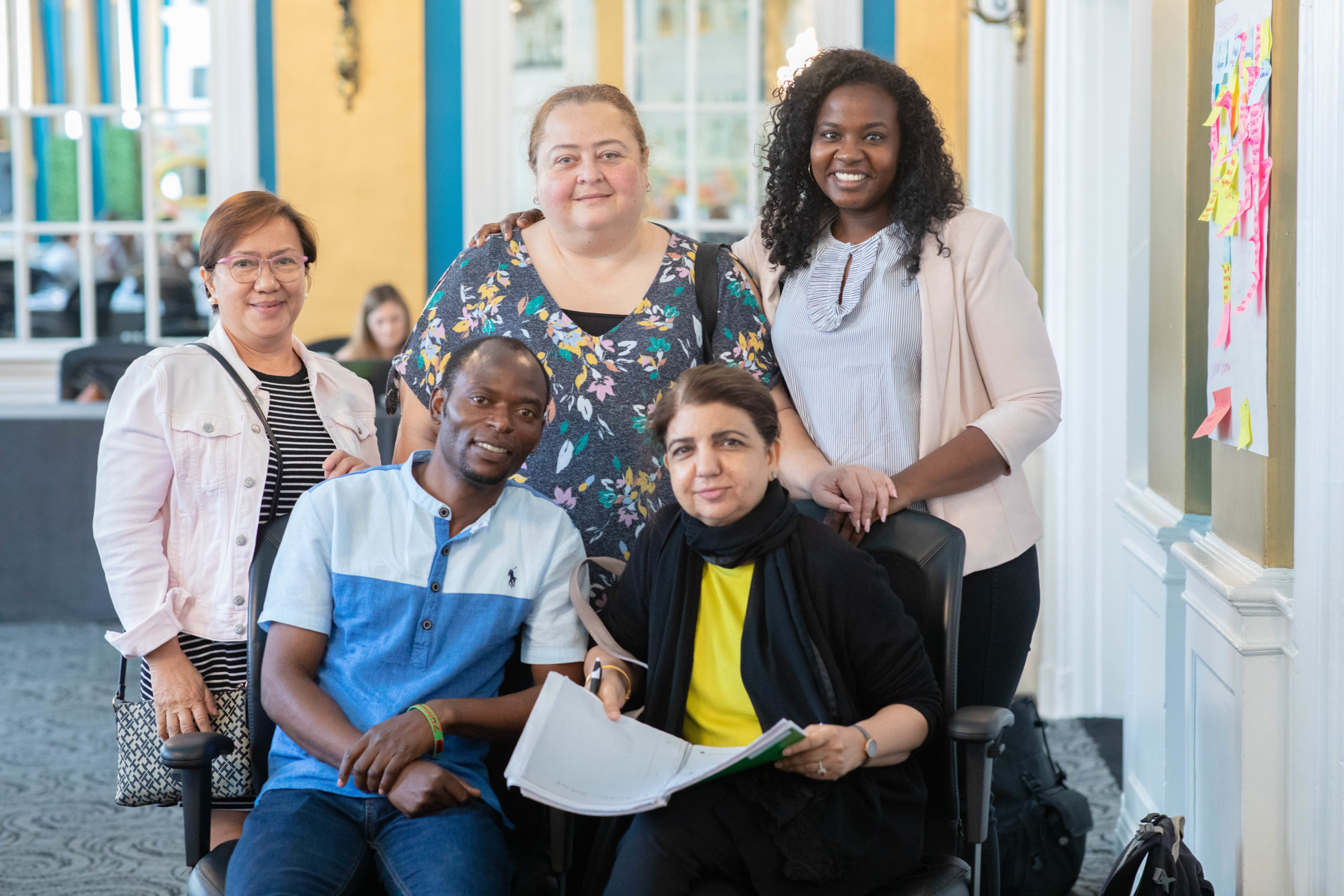Post Pregnancy Family Planning: Showcasing Project Achievements and Learnings
The Post Pregnancy Family Planning Project supported the Lagos state government in Nigeria to increase the contraceptive prevalence rate within the private sector in line with the FP2020 declaration. Since its commencement in 2017, the Project worked with private health facilities to create demand for post-pregnancy family planning and a supportive environment for the provision of comprehensive family planning services. The project worked in 236 facilities across 19 Local government areas in the state. This event will highlight the project’s contribution to the integration of post pregnancy family planning in the private sector. It will present best practices, key learnings and feature voices from the field.







